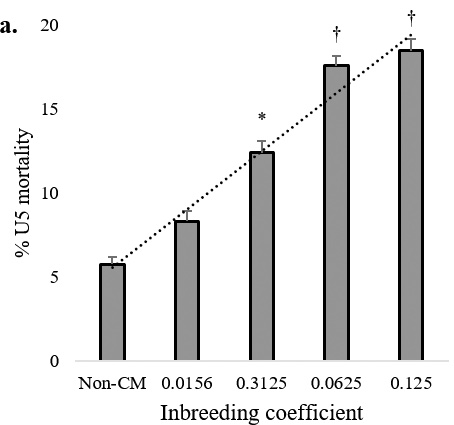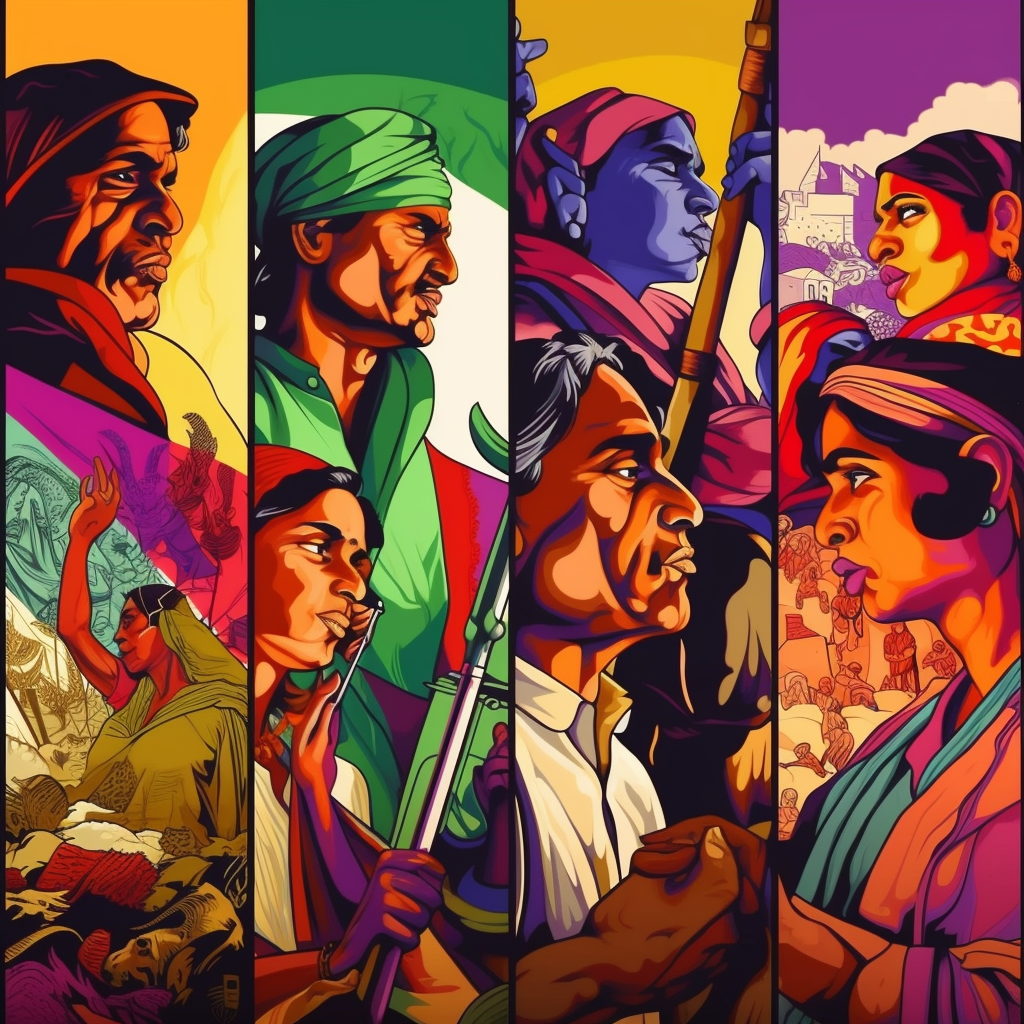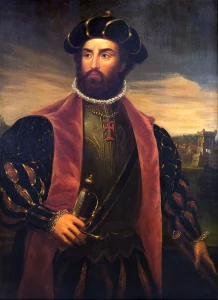Since Pandits and Kamboj always ask me if it’s true if they’re Iranian, Iran through the ages: civilization’s eternal crossroads and Pre-Persian Iran: from the invention of agriculture to the Aryan onslaught. Part 3 and 4 will land next week.
I have a post (right now at 5,500 words) that I’m working on relating to caste, the CISCO case, and the US, for my Substack. I want it to be my “last word” on the topic…but basically, the issue here is that Leftist-prog types who believe in the total malleability of culture somehow also believe that Indian Americans are moving their society in toto to the US without modification. This is obviously false. You can speculate why this is happening, but it’s just a fact.
Also, Saagar Enjeti is asked about his caste on Red Scare. It’s kind of a joke, as the hosts are pro-Indian (especially Dasha). I am hopefully going to on Red Scare in the next six months to talk about genetics (last time I was in New York Anna K. was out of town).




